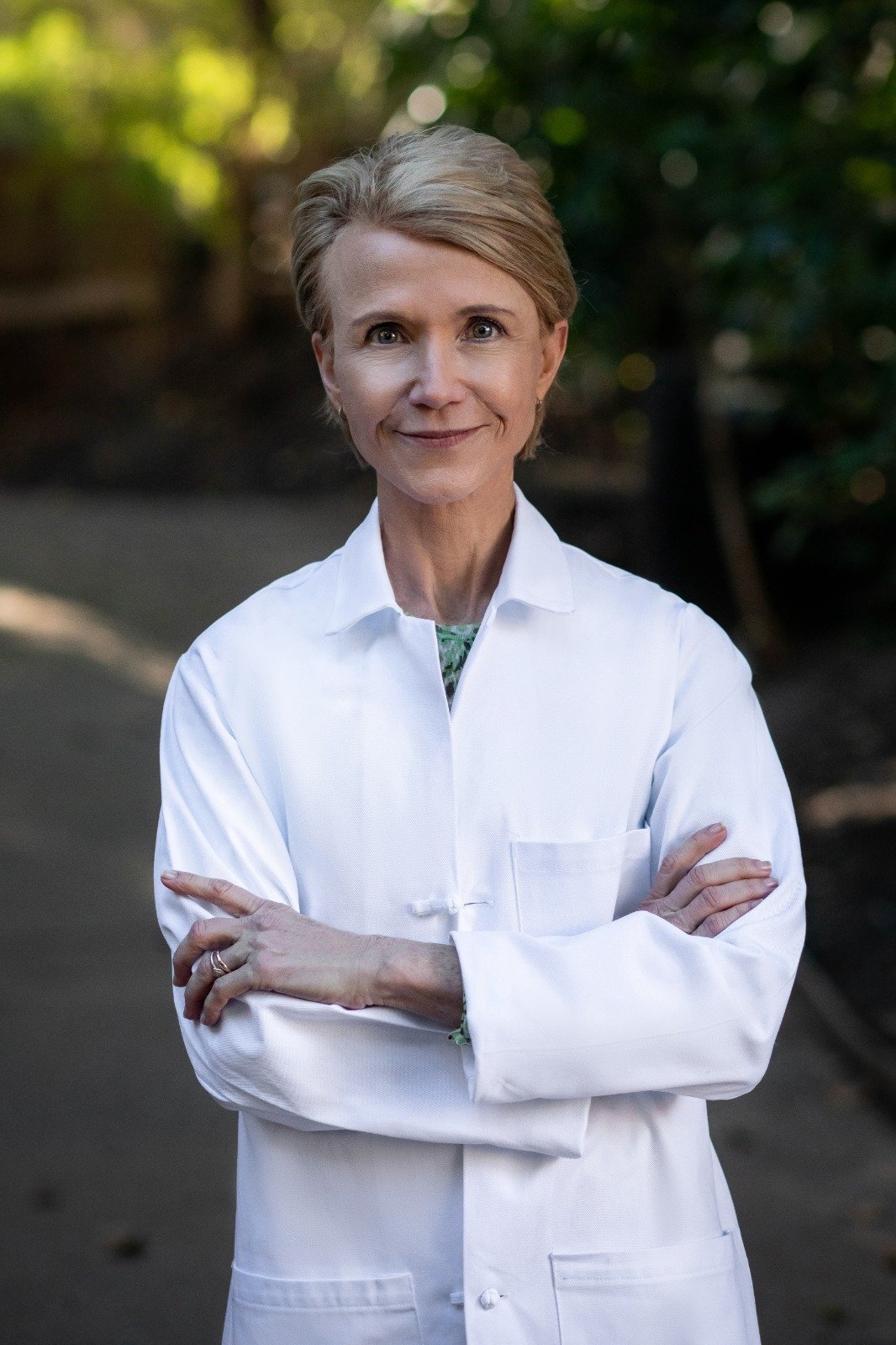

Frontiers Forum Deep Dive series
The future of evolutionary medicine
21 September 2023
Prof Randolph Nesse, Prof Barbara Natterson-Horowitz, Prof Dan Blumstein, and other renowned researchers examined how evolutionary medicine can help inspire new ways to prevent and treat disease.

Speakers
-

Prof Randolph Nesse
University of Michigan, USA
-
Prof Barbara Natterson-Horowitz
Harvard University and University of California - Los Angeles, USA
-

Prof Daniel Blumstein
University of California - Los Angeles, USA
-

Prof Bernard Crespi
Simon Fraser University, British Columbia, Canada
-

Dr Molly Fox
University of California - Los Angeles, USA
-

Dr Athena Aktipis
Arizona State University, USA


Can evolution inspire new ways to prevent and treat disease?
The presentations and discussion in this Frontiers Forum Deep Dive session, build on the Frontiers in Science article ‘The future of evolutionary medicine: sparking innovation in biomedicine and public health.’
Evolutionary processes drive many health threats, from antimicrobial resistance to pandemics to ‘Anthropocene-related’ conditions such as obesity. In their Frontiers in Science lead article, Natterson-Horowitz et al. propose an interdisciplinary research agenda to realize the untapped potential of evolutionary medicine for addressing the critical health challenges of the 21st century.
Session program
Setting the scene - a research agenda for biomedical innovations
Prof Barbara Natterson-Horowitz
Integrating evolutionary medicine into medical practice
Prof Randolph Nesse
Unlocking the future of evolutionary medicine - charting the path forward
Panel discussion led by Prof Daniel Blumstein
Audience Q&A
Speaker and contributor bios
-
Barbara Natterson-Horowitz
Professor of Medicine
Harvard University and the University of California, Los Angeles, USABarbara Natterson-Horowitz is a cardiologist and evolutionary biologist on the faculty of Harvard Medical School, Harvard University’s Department of Human Evolutionary Biology, and the UCLA School of Medicine. She studies a phylogenetically wide range of species for insights into human health and development, and is a leader in the field of evolutionary medicine.
Barbara’s bestselling book, Zoobiquity, was a New York Times Book Review Editor's Pick and was named Book of the Year by the Association for Science Education (UK). Her latest initiatives include Female Health Across the Tree of Life and Mental Health Across the Tree of Life.
-
Randolph M Nesse
Research Professor of Life Sciences
University of Arizona, and University of Michigan, USAProf Randolph Nesse and biologist George Williams launched the new field of evolutionary medicine with their seminal book Why We Get Sick: The New Science of Darwinian Medicine. Randolph’s more recent book, Good Reasons for Bad Feelings: Insights from the Frontier of Evolutionary Psychiatry, advances a second new field that investigates why natural selection left us vulnerable to mental disorders.
Randolph is Founding Director of the Center for Evolution and Medicine at Arizona State University, Professor Emeritus in the Department of Psychiatry and Department of Psychology at the University of Michigan, and Founding President of the International Society for Evolution, Medicine, and Public Health.
-
Daniel T Blumstein
University of California, Los Angeles, USA
Behavioral ecologist and conservation scientist, Prof Daniel Blumstein, investigates the evolution of social and antipredator behavior, and the ramifications of behavioral mechanisms for higher level ecological processes and wildlife conservation. His latest research aims to integrate different fields and apply ecological, evolutionary, and behavioral principles to public policy.
Daniel has authored eight books including The Failure of Environmental Education (and How We Can Fix It) with Charles Saylan, which was featured in Time magazine. He co-founded and co-directs the Evolutionary Medicine Program at the University of California Los Angeles.
-
Bernard Crespi
Professor of Evolutionary Biology
Simon Fraser University, CanadaProf Bernard Crespi studies the evolution of human health and disease, with a focus on the evolutionary-genetic bases of placental disorders, cancer, autism, and other conditions mediated in part by genomic conflicts. An initiator of the imprinted brain theory, he also studies social evolution at all levels, the evolution of trophic interactions, and the roles of genetics, ecology, and geography in speciation.
Bernard is Canada Research Chair in Evolutionary Genetics and Psychology at Simon Fraser University and a fellow of the Royal Society of Canada.
-
Molly Fox
Associate Professor, Anthropology
University of California, Los Angeles, USA
Biological anthropologist, Dr Molly Fox, explores the evolutionary context of chronic disease and the biosocial relationships between grandmothers, mothers, and children – in particular, maternal and grandmaternal transgenerational transmission of phenotypes, life-history patterns, and disease risk. Her research led to groundbreaking insights into the link between breastfeeding and resilience against cognitive decline, covered widely in international media including People magazine, the Washington Post, and New Scientist.Molly founded the Biological Anthropology of Motherhood Lab and is Lead Researcher on a project investigating how cultural context and experiences can influence fetal development.
-
Athena Aktipis
Associate Professor, Psychology
Arizona State University, USAHost of the popular podcast Zombified, Dr Athena Aktipis is a cooperation theorist, theoretical evolutionary biologist, and cancer biologist working at the intersection of these fields. Her research looks for general principles of cooperation that manifest across diverse systems, from human sharing to cancer.
Athena’s book, The Cheating Cell: How Evolution Helps Us Understand and Treat Cancer, was featured in The Washington Post. She is Co-Director of The Cooperation Science Network and The Human Generosity Project, the first large-scale transdisciplinary project to investigate biological and cultural influences on human generosity.

